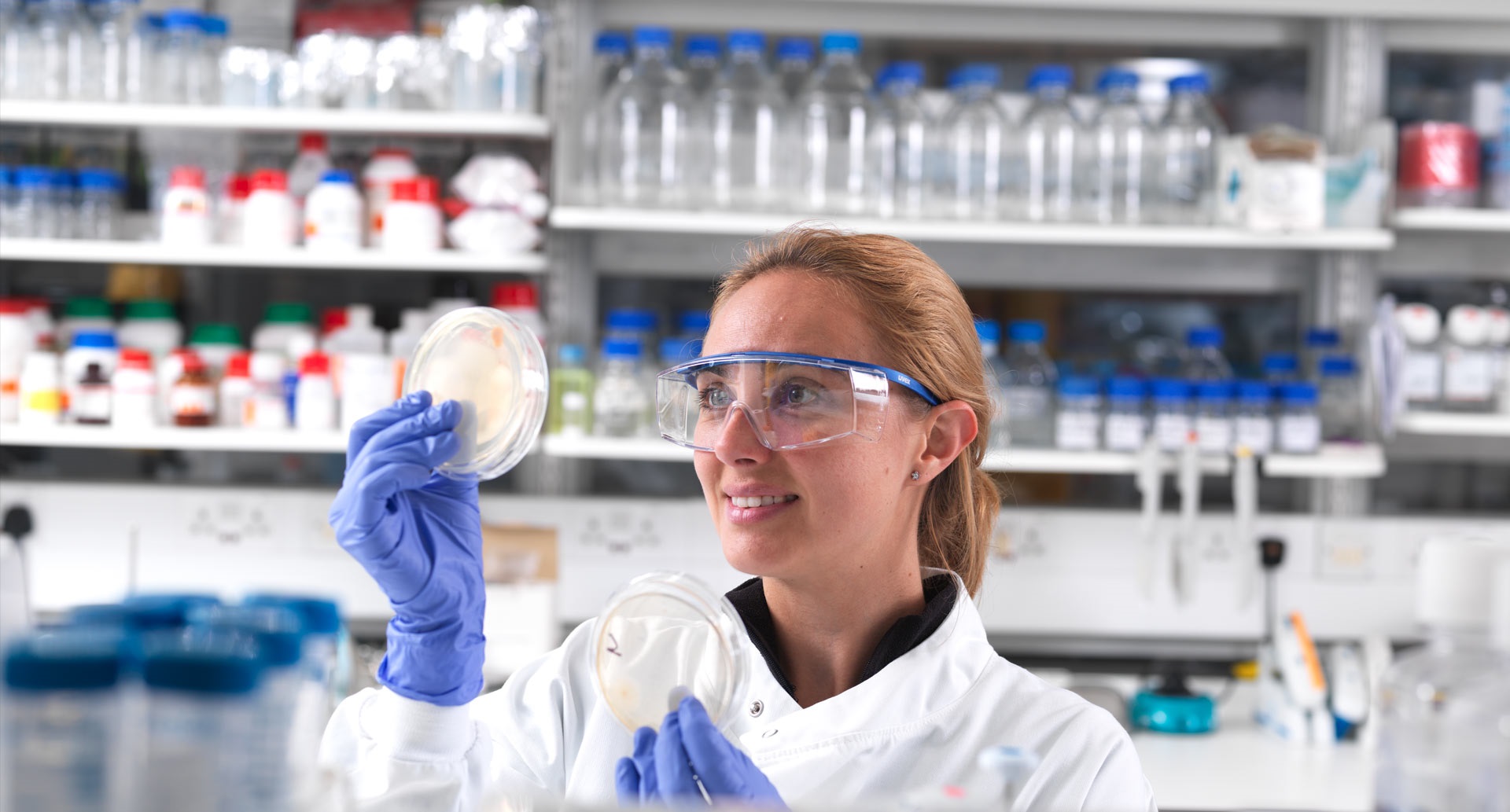Researchers at The Institute of Cancer Research, London, have uncovered a hidden weakness in some breast cancer tumours that could lead to smarter treatment decisions.
The RB1 gene
One of the body’s natural defences against cancer is a gene called RB1. This complex gene is involved in many processes that keep cells healthy. It also helps control how quickly cells grow and divide.
When this gene is altered or missing, which happens in many different types of cancer, this is generally associated with an aggressive form of cancer.
Now, researchers have discovered that some cancers behave as though RB1 is altered, despite having an unchanged version of the gene – widening the group of patients who could potentially benefit from drugs designed to treat RB1-mutated cancers.
The team, working in the Breast Cancer Now Toby Robins Research Centre at The Institute of Cancer Research (ICR), analysed over 10,000 tumour samples from over 30 cancer types.
By comparing cancers with and without RB1 alterations, the researchers noticed that tumours that looked normal under standard genetic tests were behaving just like RB1-defective cancers. They called these cancers ‘RBness’ cases.
The discovery could change treatment
Cancers with mutations or alterations in the RB1 gene are linked to poorer outcomes, but they are associated with a better response to chemotherapies. They are also associated with a poor response to CDK4/6 inhibitors
This new discovery reveals that the RBness cancers have similar characteristics to those seen in patients with RB1 mutations. This means spotting RBness could help tailor treatments more effectively, offering chemotherapy where it’s likely to help, and avoiding treatments that may not.
The researchers also found that RBness cancers share many of the same weaknesses as those with altered RB1 genes.
This means that drugs that are developed to target weaknesses in RB1-altered tumours could potentially also work in cancers with RBness – opening the door to new treatment options in the future.
Bringing the research into clinical practice
This discovery, published in the journal Science Advances, opens up exciting new possibilities for improving how we treat breast cancer, but more work is needed to bring it into clinical practice. The researchers now hope to validate these findings in larger, real-world clinical studies.
Ultimately, this research brings us one step closer to truly personalised breast cancer treatment – where each person gets the treatment that’s most likely to work for them.
Dr Syed Haider, study co-lead and Team Leader of the Breast Cancer Data Science Group at The Institute of Cancer Research, London, said:
“While certain new treatment strategies have improved the management of aggressive breast cancers, there are still many patients facing poor outcomes. Our research has identified a new sub-group of patients who may benefit from drugs that are being designed for others. In the longer term, we hope to discover how these RBness cancers came about, which may unlock even more weak points in the cancer cells that can be targeted.”
Professor Chris Lord, study co-lead and Deputy Head of the Division of Breast Cancer Research, and Professor of Cancer Genomics at The Institute of Cancer Research, London, said:
“We have developed a new biomarker to identify the patients whose cancers don’t have alterations in RB1, but who seem like they would benefit from the treatments for those which do. This can be used for breast cancers, but the next stage is to validate it in large clinical cohorts, to see if how successful it will be at guiding treatment options.”
